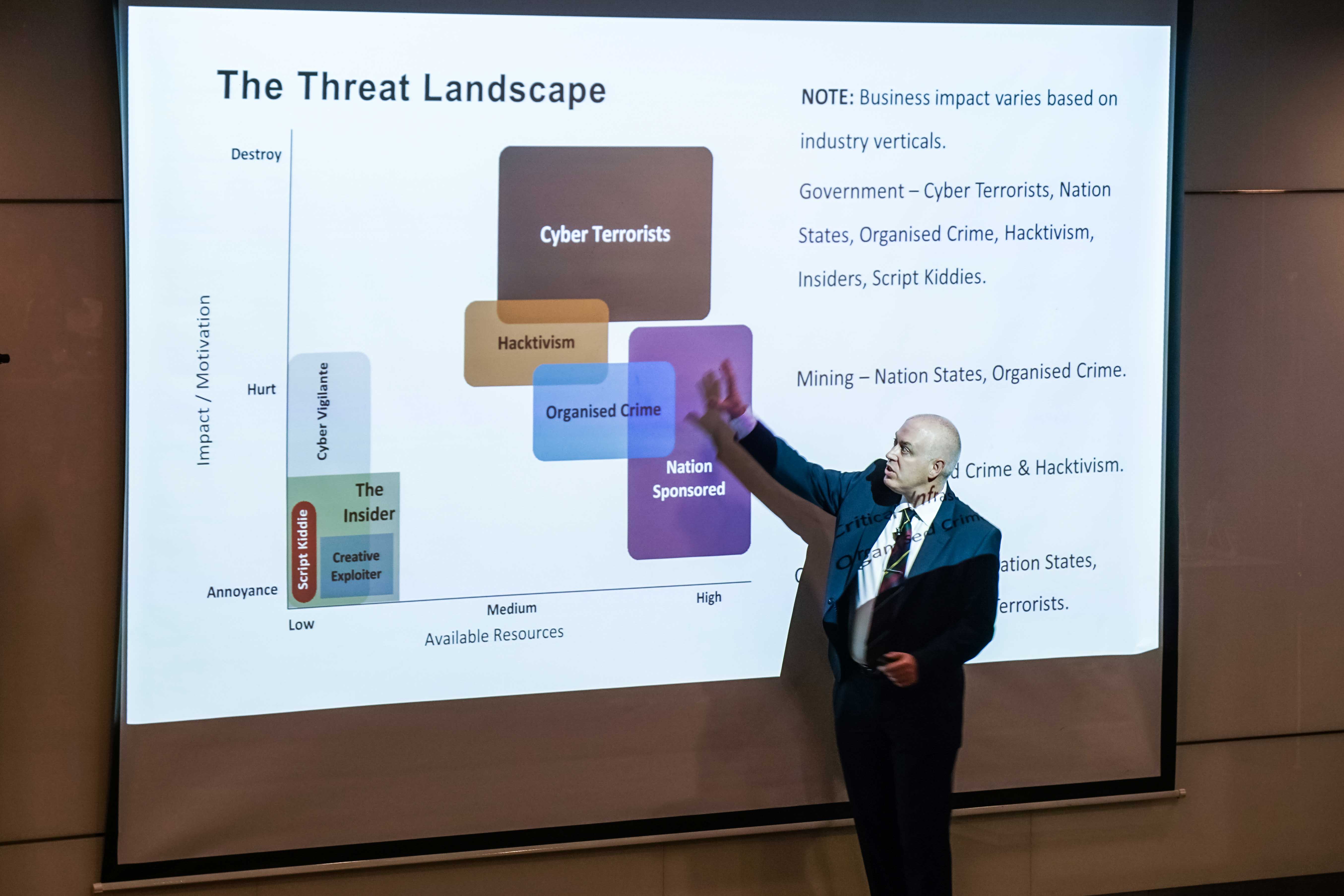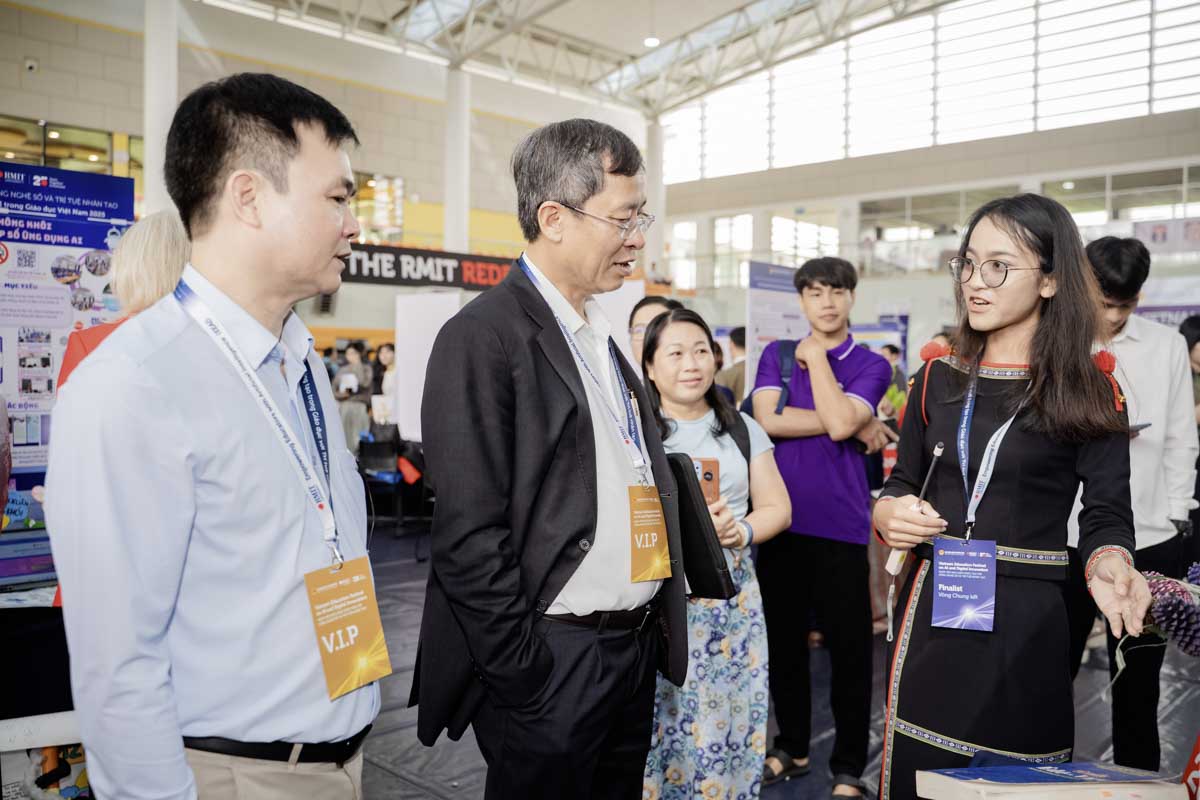“Global security threats and vulnerabilities now impact all corporations and their customers,” Professor Warren said.
“The complexity of cyber security is making it harder for corporations to understand the threats and therefore [to] manage cyber security.”
Professor Warren highlighted the link between human resources and the complexity of maintaining security. Human capital can fail – from a security perspective – through inexperience, improper training, and incorrect assumptions. It is therefore critical for organisations to invest in cyber skill development, as well as recruit and maintain cyber security staff.
“There is currently a global shortage of one million cyber security professionals,” he said, adding that the shortfall is projected to increase to 1.5 million in 2019.
In terms of the skills needed by future cyber security professionals, Professor Warren said they will need the technical expertise to operate core security technologies, organisational skills to navigate policy and risk, human relation skills to work with others, and soft skills to communicate.
Similarly, Associate Professor Nkhoma discussed the importance of human resources in managing cyber security. He urged the transition from business analytics to people analytics.
“Organisations can shift from using data to understand every part of a business operation, to using data to understand employee behaviours,” he explained.
“By applying people analytics, we can capture information security knowledge sharing and influence in an organisation, identify the influencers and influencing factors, and then approach the influencers to implement information security practice.”
In an organisation, the people who often give out security and technology-related advice are the ones who have the greatest influence on security behaviours.
“Once we identify those influencers, we can develop strategies and work with them and improve the whole organisation’s security,” he concluded.
The symposia were held at RMIT Vietnam’s Saigon South and Hanoi campuses on the 4th and 6th of April 2018 respectively, and co-hosted by RMIT Vietnam Centre of Digital Excellence and the School of Business & Management. The events were supported by the Australian Embassy Aus4Innovation program.






